Fantastic drone imagery sent to us by Dave Cullen shows Dutch submarine Dolfijn arriving in Scotland after a NATO exercise.
You can find Dave here, and rest assured, Dave is a fully qualified drone pilot.
HNLMS Dolfijn, a Walrus-class submarine of the Royal Netherlands Navy, has been in active service since 1993. As the third submarine in its class, following HNLMS Walrus and HNLMS Zeeleeuw, Dolfijn has participated in a wide range of naval operations. Equipped for both combat and intelligence roles, the submarine has been deployed around the world, contributing to exercises, combat missions, and intelligence-gathering activities.
Dolfijn’s deployments have included participation in NATO’s Operation Allied Force in 1999, where the submarine helped enforce a trade embargo off the coast of Yugoslavia and monitored enemy communications. In 2012, it was involved in NATO’s Operation Ocean Shield, conducting anti-piracy operations off the coast of Somalia. The submarine has also supported counter-narcotics efforts, training with Dutch special forces in 2013 during exercises in the Caribbean aimed at combating illegal drug trafficking.
In 2016, the Royal Netherlands Navy carried out a major overhaul of Dolfijn to modernise its systems and extend its service life. The upgrades included replacing the GIPSY combat system with the more advanced Guardion system, as well as updating its sonar capabilities. The navigation and attack periscopes were also modernised, transitioning from analog to digital systems, and the submarine’s Mark 48 torpedoes were upgraded to newer models.
The COVID-19 pandemic briefly affected Dolfijn’s operations in 2020 when several crew members tested positive for the virus. This led the submarine to return to the Netherlands earlier than planned while on a mission near Scotland. Despite this disruption, Dolfijn later continued its operational duties, including a port visit to the United States at Naval Station Mayport in 2022.


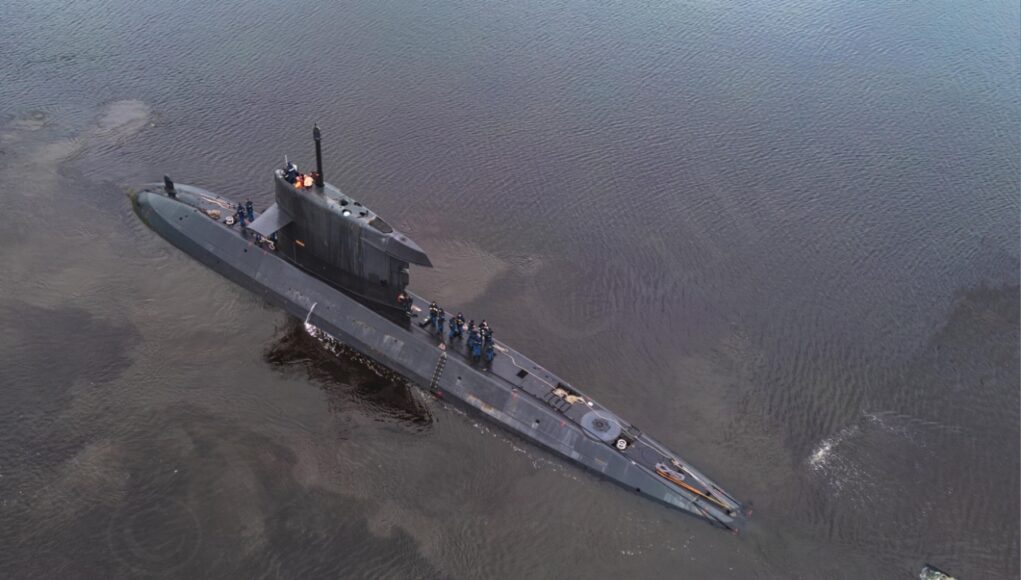
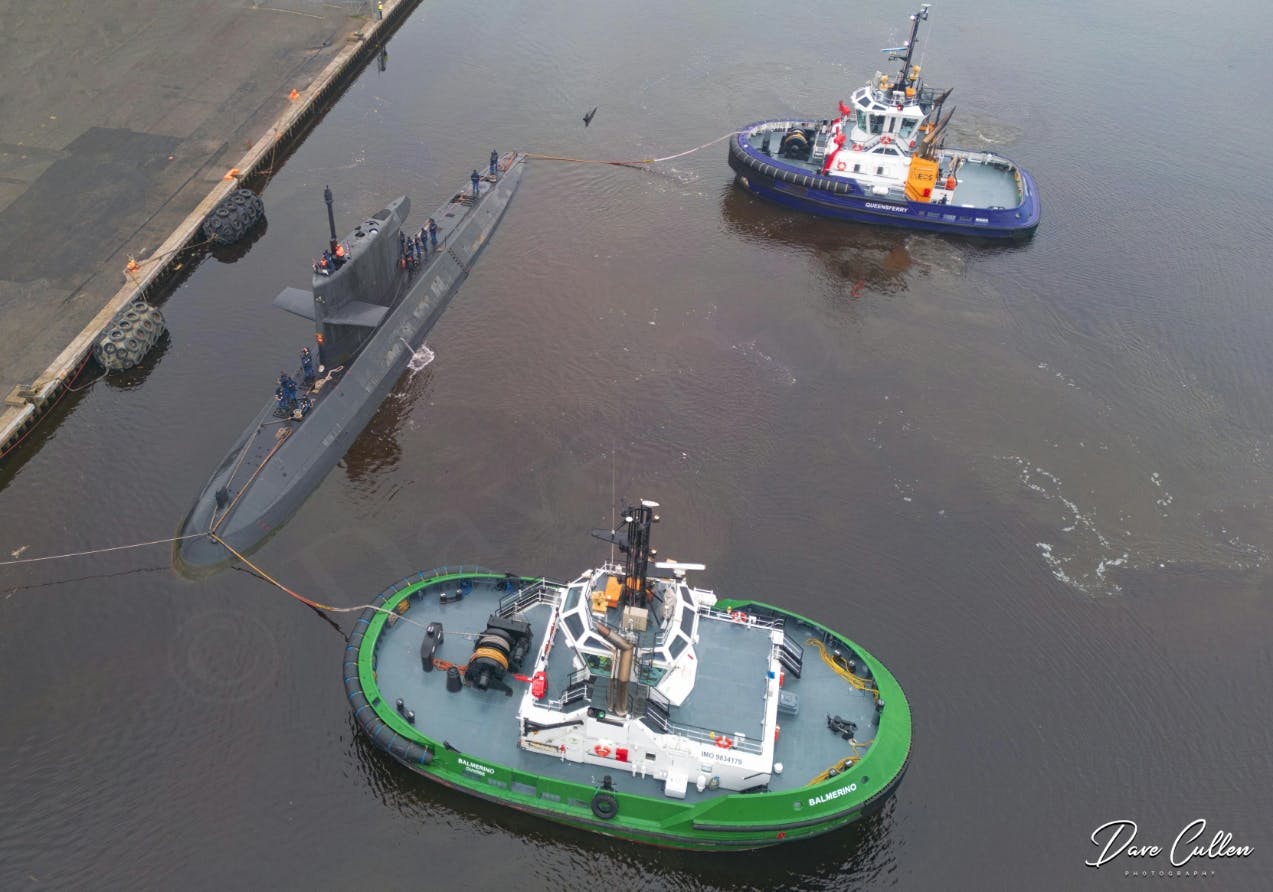
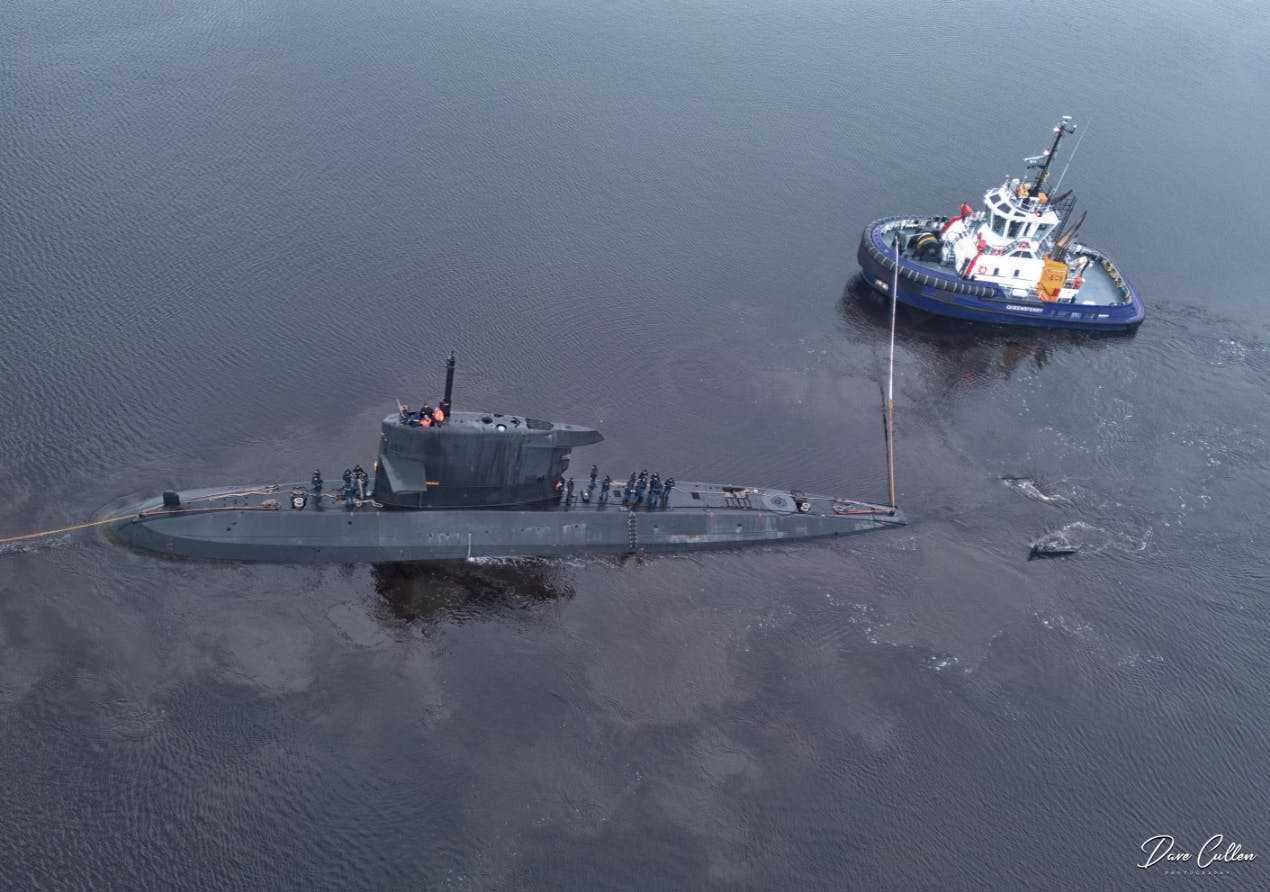
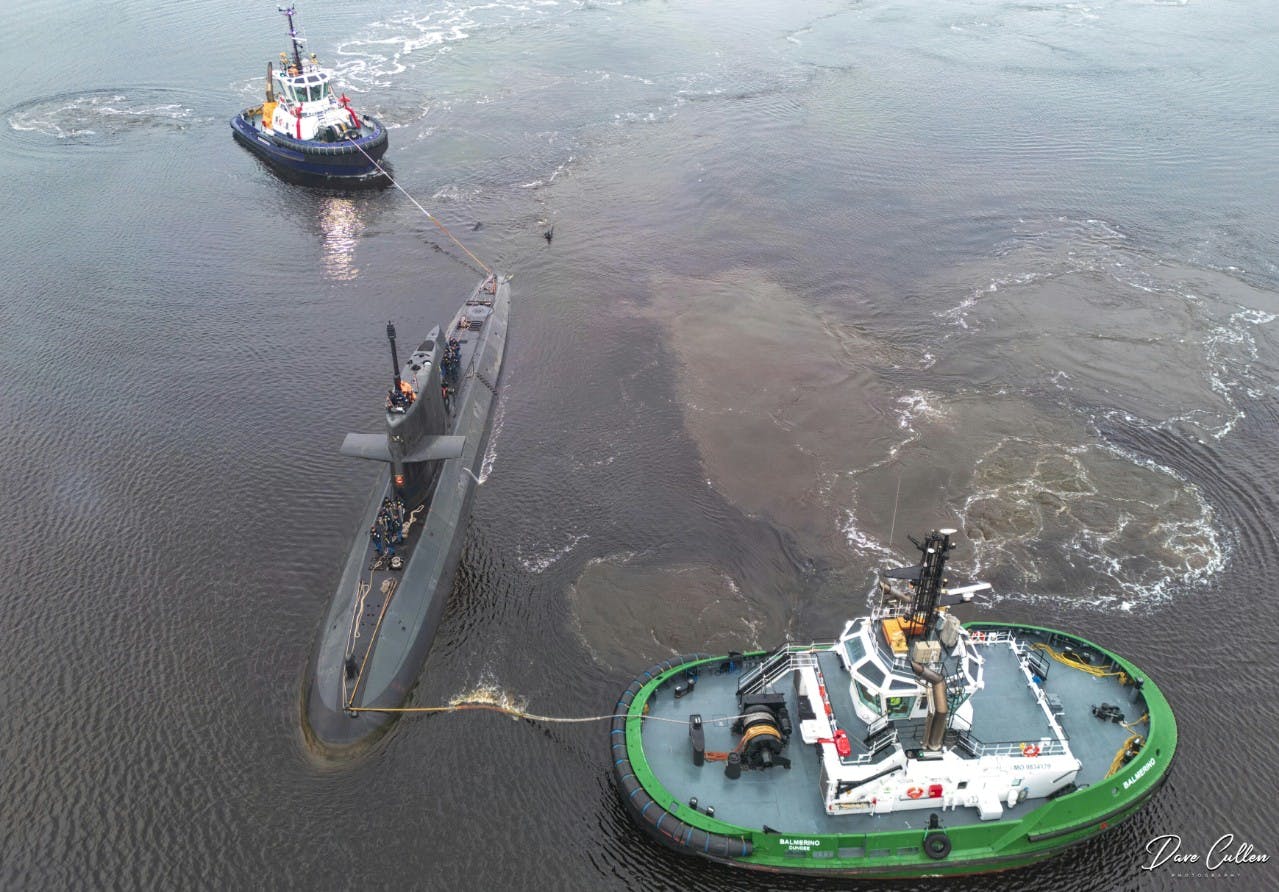
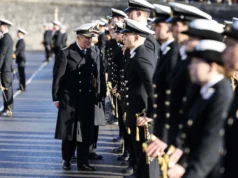
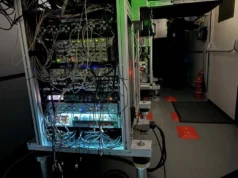
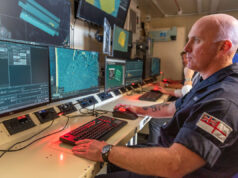
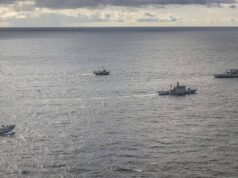
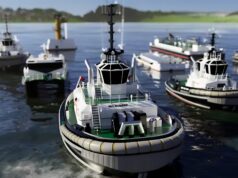
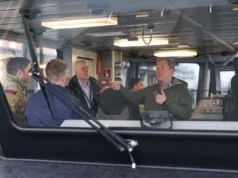
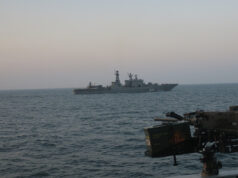
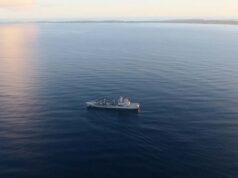
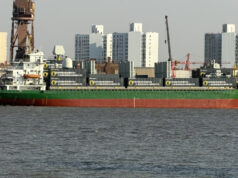
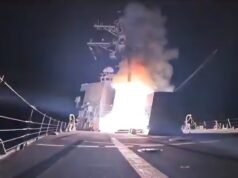

“ Dave is a fully qualified droke pilot.”
Maybe it should read…
Dave is a fully qualified drone pilot.
It’s obviously a typo, cut them some slack.
Indeed.
George is usually quite happy to have typos pointed out. He then corrects them…I think it called working together?
the best one I ever saw was a bad case of predicted typing failure.it happened when an old friend of mine had passed away and the notice about the funeral said that the funfair was to be held at the fanfare pub
Either those tugs are huge or the sub is quite small! Pity we turn our nose up at having some diesel-electric subs in the fleet.
When the Upholders were retired we had a load of SSNs.
Blair / Brown then decided to fund less SSNs.
So if Upholders had been kept in service with the T board – which was the other option – then maybe we would have Upholder+?
But maybe not, as Upholder would have been cut in 2010 to preserve Astute which is a globally significant platform – when it leaves the wall…
The decision to not design anything after the designs for the vanguard were finished in 1980s was the death knell for future subs. By 1997 it was already too late the last sub was finished.
Astute design started in 1998-99 but then ran into some issues and slow development time.
I agree the design skills faded. That was true of most things once T23 was green light. Warship design skills atrophied as well unfortunately. We just got it back together for T45 and then QEC and fortunately have had T26/T31 to keep people interested.
Whilst the shipyard Insutrial strategy is super important a key part of it is the design team that sits behind it and knows the UK supplier networks and what they are really capable of.
I was talking more about the follow on builds of Upholder that got cancelled so the pressure hull fabrication skills and project management/QA faded.
Agree. Warship industry setup is ok just now. The advantage of that is that may feed into civilian vessels, ships, boats etc.
I really hope it continues. It’s so blinding obvious constant work stream will allow efficiencies, cost savings etc.
same with the subs.
I don’t know if the astutes are a bit unreliable or what is going on.
I remember hearing that 8 boats that don’t need reactor work will be available as much as 12 previous boats.
The sane comment was made by Alan-rent-quote-West justifying why 6 No T45 would do the job of all the T42s….look how well that worked out.
With Astute there isn’t a fundamental problem. The issue is simply periodic inspections and changing a few bits can’t be done with zero ship lift or dry dock capacity. These inspections are a part of the baseline safety case. So no inspection…
the type 42 fitted with today’s tech would be a very good ship.
is that ‘chopper’ Cameron? mathematics?
upholder?I thought you meant cupholder!!!😁😁
and the SSN’s clogging rosyth and Devon port are still costing millions per year to maintain in retirement
I think its as you say. Would be a good complimentary fleet to the SSBNs and even basing them in Edinburgh for quick access to the North Sea and further north.
Edinburgh?!!!!!! What’s wrong with Rosyth………..
Nothing wrong! It’s more or less the same thing. Just to have a number two sub base rather than just the one major one at Faslane.
the don’t serve ‘ heavy’ beer anymore why is that? I love it while doing the golden mile pub crawl up one side of the street and the same coming back the other way🙅
An SSBN based in Edinburgh?? This has to be a wind up!!
No, I was suggesting more for a small diesel sub fleet or a drone fleet if that ever eventuated.
I think the tugs must be huge. Dimensions of the Walrus class are 67.7 m x 8.4 m x 7 m, displacement 2,800 tonnes (metric) submerged.
Tugs are not big, standard tug size, bear in mind the sub is late 80’s design, she is also an SSK not a SSN or a SSBN.
Thanks Eric. I am a lanlubber and it’s good to learn this stuff.
Oh, I’m a landlubber as well, just from the other side of the puddle. In spite of all that, I’ve always had a keen interest in naval affairs. Both commercial and naval ships have grown quite a bit the last couple of decades and tugs had to grow with them, as these pictures show.
Seems trimmed by the stern?
That’s where they store the Amstel 😉
All jokes aside, the Dutch are good Submariners : remember exercising with them and was invited onboard the Dolfijn when she called into Faslane
a large amount of dedicated training on NATO submarine service s working in tandem with each other to Hunt down potential enemy boats in packs will be a vital tool if there is a new battle for the Atlantic.